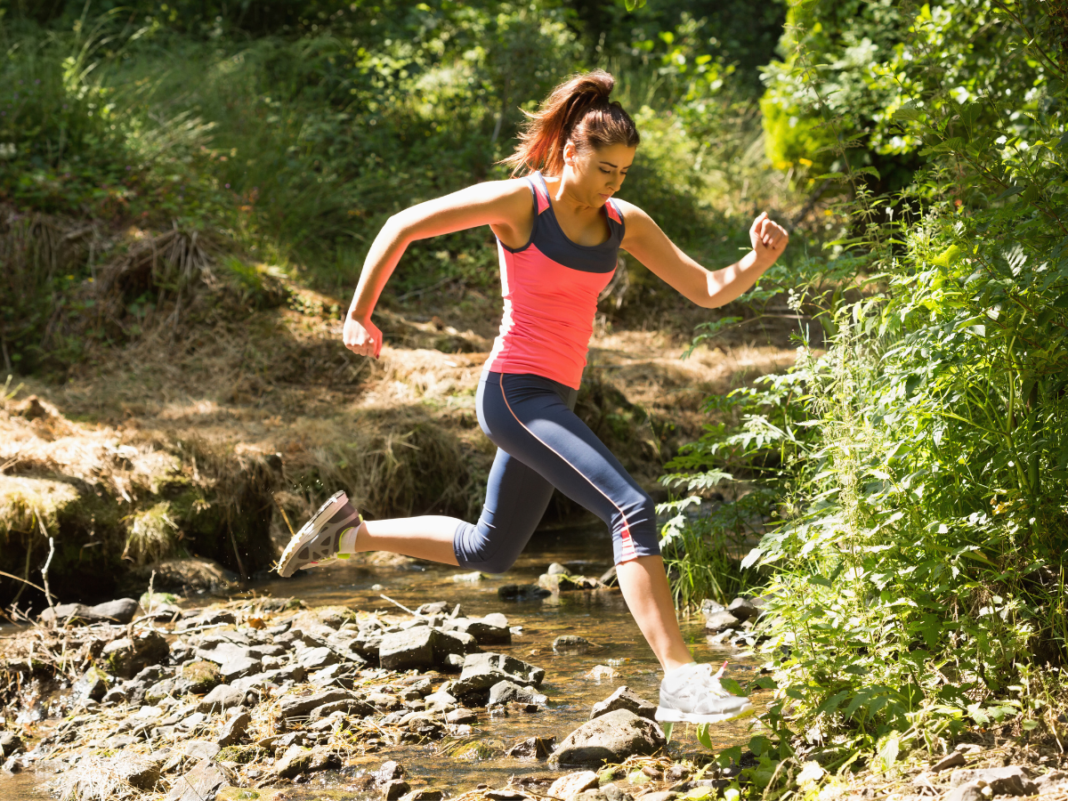According to the International Trail Running Association, there are more than 1.77 million trail runners in the world, with tens of thousands of trail running events held each year. From a breezy 5-kilometre run to an extreme 200-kilometre ultra event, trail running is loved the world over.
It is often said that the world is our playground, and trail runners certainly like to experience the adventure of the great outdoors. However, no one likes to play in a neglected space, and when nearly two million runners are hitting the trails, it’s important to have sustainability front of mind. So, we’ve compiled a few tips to help you become a sustainable trail runner where you can make a difference.
1) Be a Plogger
For those of you who are not fluent in Swedish, plogging is a movement that originated in Sweden for picking up trash while jogging. Grab a bag and glove (or a collapsible trash grabber) and hit the trails, picking up a few pieces of litter along your run.
2) Donate Your Old Gear
We all love activewear. How could we not? Unfortunately, most activewear is made from synthetic materials, which cause plastic pollution and are not biodegradable. Be kind to the environment and donate your clean, old activewear when you are ready for an upgrade. When buying new gear, look for products made of natural fibers such as wool – which is also naturally antimicrobial.
3) Minimize Travel
Another thing we all love – travel. Adventuring to the next big trail and race is part of the excitement for trail runners. However, when possible, explore the trails that are close to home. If you’re lucky enough to live in a region blessed with great trail systems, take your e-bike or public transportation to the trailhead rather than your car. If driving, carpool and enjoy the experience with your friends!
4) Support Events Committed to Sustainability
If you are all about trail running events, try to choose those that are committed to sustainability. Events that aim to minimize their waste or achieve “zero waste” deserve our attention and support. Do your part and gently encourage events to operate with zero-waste in mind if they aren’t already.
5) What Goes Up Must Come Down
It may be frustrating when you can’t find a trash can on your trail runs, but don’t be tempted to ditch your garbage. Not only does it ruin the pristine beauty of nature, but ditched trash can harm or kill plant growth, and litter can pollute waterways, kill wildlife and pose a fire hazard. Consider carrying a small mesh trash bag on every run.
6) Avoid Plastic & Packaging
It’s common knowledge that single–use plastic water bottles are no friend to the environment. Did you know that it takes up to 1000 years for one plastic bottle to decompose? Let’s start by switching to a reusable glass water bottle, which is good for the environment and eliminates the chances of ingesting dangerous contaminants.
Now it’s time to take things a step further. Instead of buying pre-packaged food, make your own. Ditch those individually-wrapped bars for healthy homemade power bars. Here are a few of our favourite trail recipes:
DIY Snacks for the Trails
Maple Glazed Nut-free Trail Mix
Baked Peanut Butter & Jam Oat Bars
Lemon Poppy Seed Oat Breakfast Bars
You May Also Like: A Guide to Zero-Waste Living
















